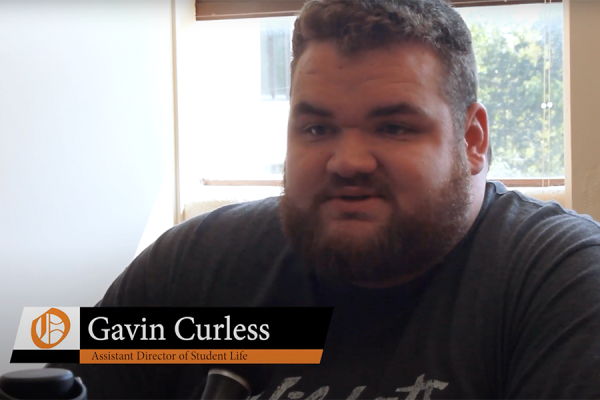Housing restrictions stifle social growth
For freshmen and sophomores, it’s likely that living on campus is a good way to meet new people and solidify friendships, but as time goes on and as juniors become seniors, it seems that the forced on-campus housing is all just a way of putting students a step behind. Upon graduation, there will be a shocking reality check when students realize that you can’t keep your house at 80 degrees all the time without consequently racking up a giant heating bill.
Forced on-campus housing also stops the learning process of budgeting and living within your means. In the world outside of a dorm room, meals aren’t all-you-can-eat and groceries can be expensive – especially with rent and utilities on top of that.
Money aside, there is a social impact on students as well. Living in a dorm room or apartment can actually hinder some students’ social process by forcing relationships onto the students. Some might not feel like partying every night and fear going outside of their room to face a social world that is different than the one they prefer.
Over Interterm, there were issues in the dorms that resulted in the expulsion of one student. In any university dormitory, there should be some ground rules. But at a university where students are forced into campus living, those ground rules become more of a challenge than an option.
Students at the University of Kansas who choose to live on campus agree to abide by the rules set by administration. While we editors aren’t condoning alcohol or drug use, we recognize that everyone has probably done something in a dorm room that resident assistants wouldn’t approve of. If students at Baker University were allowed a little more liberty and leniency when trying to move off campus, it could help keep problems from spreading into the halls.
College students are going to experiment – this isn’t a new concept. And isn’t this the period of our lives when those who choose to experiment are allowed, or even expected, to do so? By allowing a little more leniency in choosing students worthy of off-campus housing, we could help make everyone feel more comfortable.







